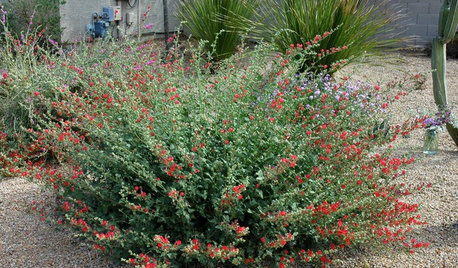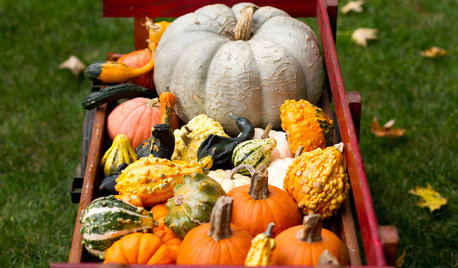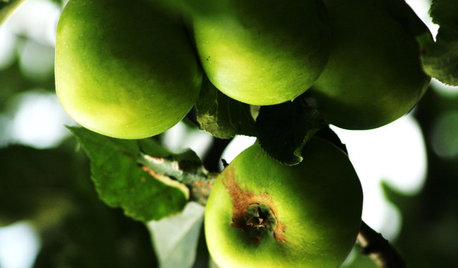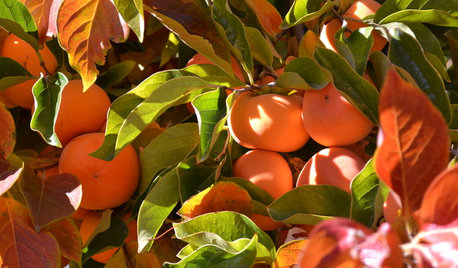Pigeon droppings as fertilizer?
noamsmom
17 years ago
Featured Answer
Comments (22)
Related Professionals
Lyons Landscape Architects & Landscape Designers · Columbine Landscape Contractors · Emmaus Landscape Contractors · Fort Atkinson Landscape Contractors · Northport Landscape Contractors · Pompton Lakes Landscape Contractors · Reedley Landscape Contractors · Ridgewood Landscape Contractors · San Benito Landscape Contractors · Tavares Landscape Contractors · New Carrollton Landscape Contractors · Newington Siding & Exteriors · Spartanburg Siding & Exteriors · Waukesha Siding & Exteriors · Worcester Siding & Exteriorsrose__rosesforever
17 years agorain1950
17 years agoduker64us
17 years agogardenfaerie
17 years agostevenrterry_yahoo_com
13 years agomommymammal
13 years agopaulcraw_iinet_net_au
13 years agosun622
11 years agojonfrum
11 years agotn_gardening
11 years agopigeonsonmeroof72
8 years agodirtygardener73
8 years agognappi
7 years agoJodi Swenson
7 years agoWilliam Macleod
7 years agoOh It s on the wrong side
3 years agoGrace Lochness
2 years ago
Related Stories

GARDENING GUIDESGet on a Composting Kick (Hello, Free Fertilizer!)
Quit shelling out for pricey substitutes that aren’t even as good. Here’s how to give your soil the best while lightening your trash load
Full Story
GARDENING GUIDESHow to Switch to an Organic Landscape Plan
Ditch the chemicals for a naturally beautiful lawn and garden, using living fertilizers and other nontoxic treatments
Full Story
GARDENING GUIDESHow to Keep Your Citrus Trees Well Fed and Healthy
Ripe for some citrus fertilizer know-how? This mini guide will help your lemon, orange and grapefruit trees flourish
Full Story
GARDENING GUIDESCommon Myths That May Be Hurting Your Garden
Discover the truth about fertilizer, soil, staking and more to keep your plants healthy and happy
Full Story
GARDENING GUIDESSouthwest Gardener's February Checklist
Orange you glad for a citrus-fertilizing reminder? And don't forget the recommended doses of vegetable seeds and cold-hardy flowers
Full Story
MONTHLY HOME CHECKLISTSTo-Dos: Your October Home Checklist
As temperatures drop and leaves start to turn and fall, prep for winter weather and enjoy the colors of the season
Full Story
MOST POPULARMy Houzz: Open-Air Living in the Mountains of Bali
Community, jaw-dropping beauty and sustainability come together in a tropical paradise for a London expat
Full Story
EDIBLE GARDENSHow to Add an Apple Tree to Your Edible Garden
Readily available, beautiful and fragrant, apple trees offer four-season interest along with crisp, juicy fruit
Full Story
FRUIT TREESHow to Grow Your Own Persimmons
Sturdy and easy to care for, these trees offer bright fruit through winter — and keeping them in bounds is no sweat
Full Story
LANDSCAPE DESIGNGet Along With Less Lawn — Ideas to Save Water and Effort
Ditch the mower and lower your water bill while creating a feast for the eyes with diverse plantings and gathering places
Full StorySponsored
Columbus Area's Luxury Design Build Firm | 17x Best of Houzz Winner!






foolishpleasure